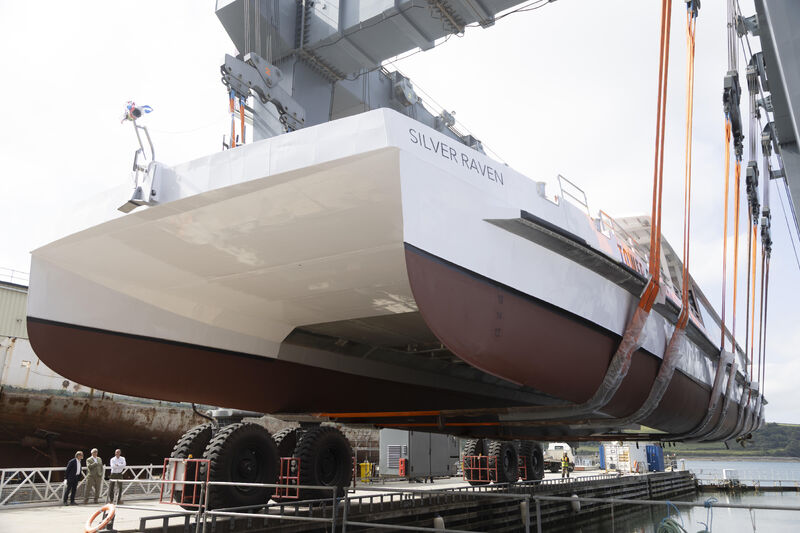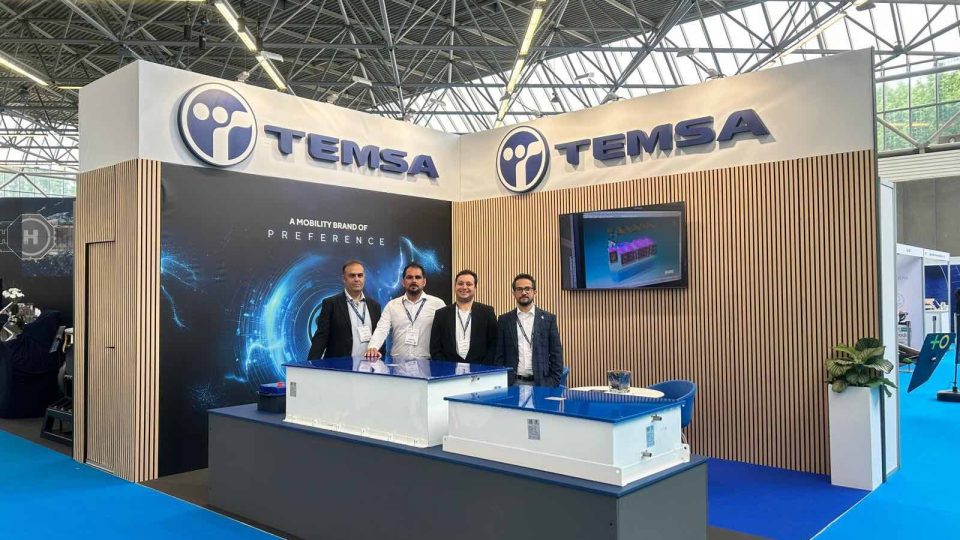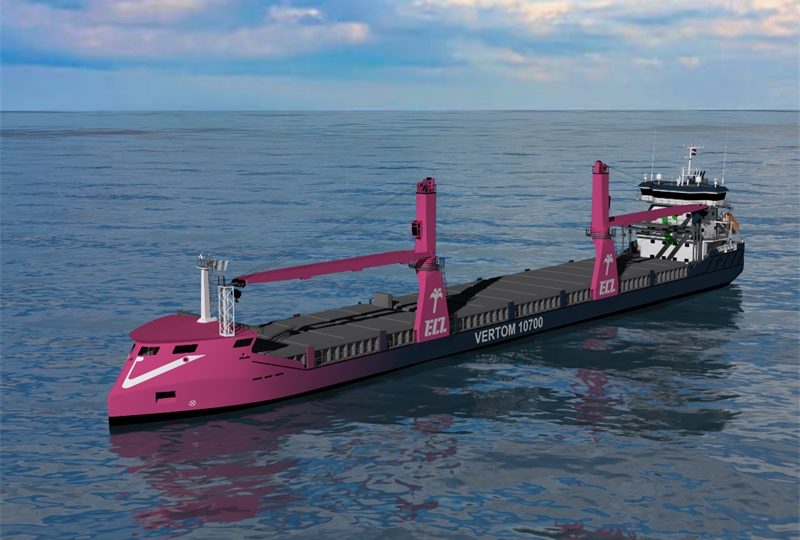Volvo Penta successfully installed a quadruple IPS on a catamaran
Volvo Penta powered Alilauro's Giove JET, in service in the Gulf of Naples, the first passenger catamaran with a quadruple IPS 30 installation
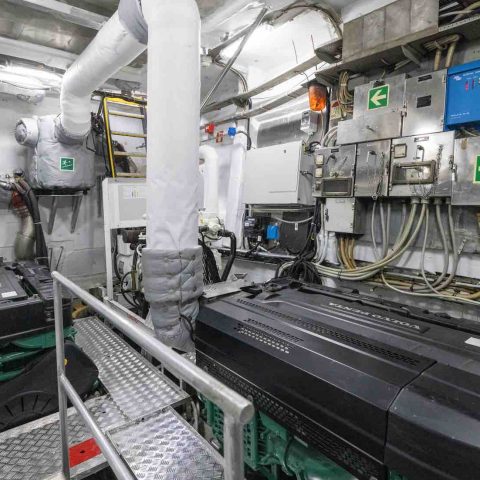
Volvo Penta and Giove JET kick off the IPS season for the catamaran. What we saw in the Port of Naples on Wednesday, April 24, 2024, is in fact the first application of its kind for passenger transportation in Europe with a Volvo Penta IPS IMO III quadruple installation.
It is an Alilauro catamaran the place to be for the four Volvo IPS30
The IPS, which provides a complete system of propulsion, pods, steering, propellers and on-board controls, is such a proven, and still innovative, formula that it has also attracted interest at CES in Las Vegas. There are two keys to understanding the Giove JET propulsion system. Two watchwords for any new marine application: sustainability and efficiency. The IPS 30 for the Italian catamaran provides 1050 kW rating and it’s powered by Volvo Penta D13 engines, with SCR, enabling the ship to be IMO 3 compliant. This solution allows for a revival of the Diesel Cycle’s expectetions, especially in the nautical world, where reliability is still imperative for any application that is not limited to routine use, for instance a few marine miles from one point to another. We experienced this during the test ride from Beverella Pier, in the impact with the waves of a less than “calm” sea. Quietness, torque entry at a low speed, steadiness, ease of maneuvering. Moreover, a quadruple installation best complies with the imperative principle of redundancy. An exhaust gas treatment system contributes to a further 75% reduction in NOx levels. It should be noted that Volvo Penta engines (including IPS Inboard Performance System) are capable of using HVO, which enables the synthesis of sustainability with efficiency and reliability. The choice of the available rating was designed by Volvo Penta according to the work cycle and performance required. This is a repetitive cycle, with maneuvering and leaving port, getting in at cruising speed, slowing down, and re-entering port.
Discovering Giove JET
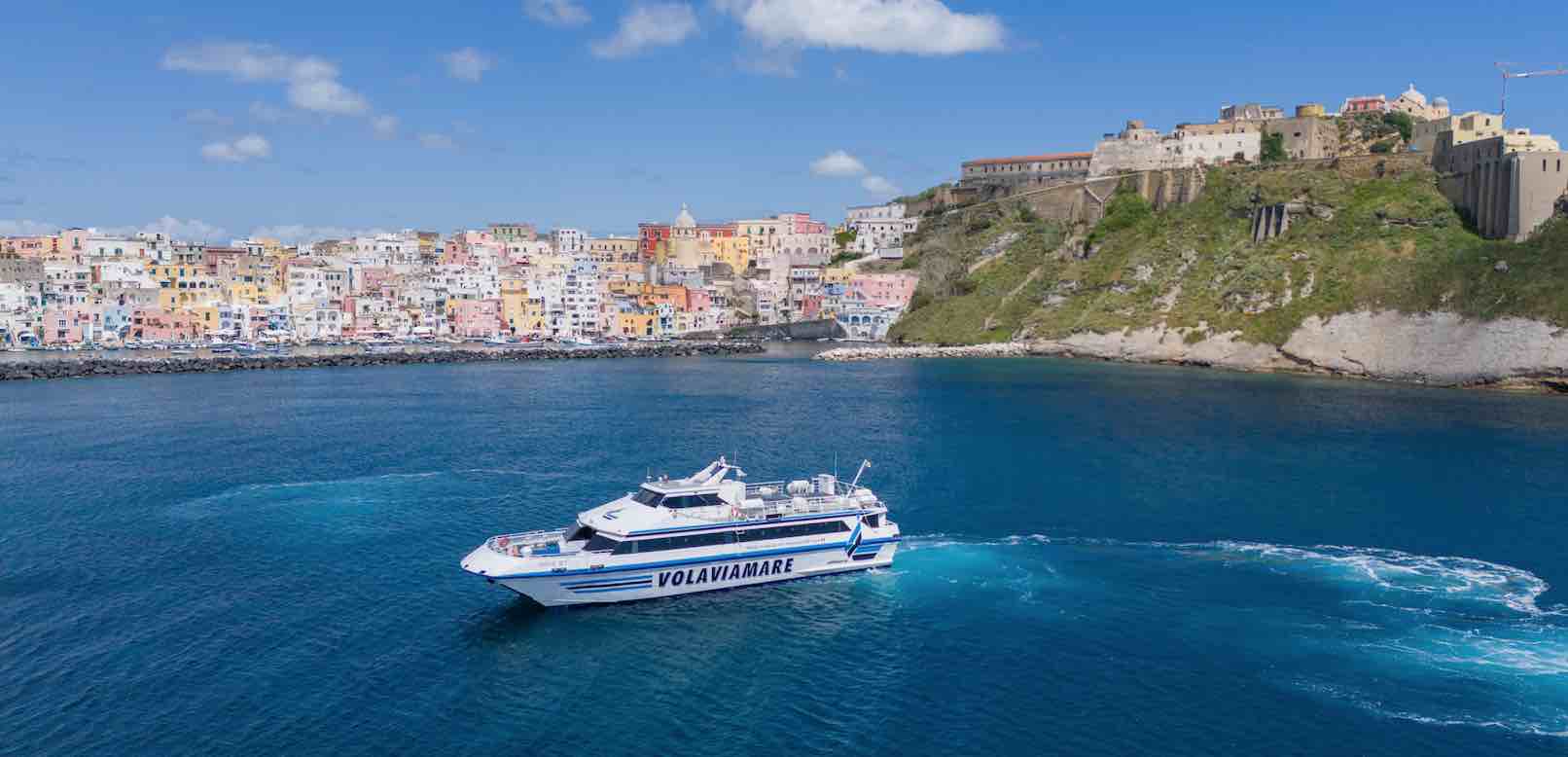
Salvatore Lauro, president of Alilauro, highlighted the result of the collaboration with Volvo Penta, which enabled an installation that was as effective as it was difficult in terms of layout and engineering. Solar panels for on-board services were also installed on the Giove Jet. Previous engines with a pump-and-injector fuel system have been replaced with high-pressure electronic injection engines for optimized combustion and lower fuel consumption and emissions (liters/hour consumption reduced from 708 to 495). A software-based monitoring system facilitates intelligent reduction of on-board consumption. A deep refit for a seagoing unit built in 1985 at the “Marinteknik VerkstadtsAB” shipyards in Oregrund, Sweden, 33 meters long and 9.30 maximum wide, with 261 transportable passengers, immediately on line on the route between Naples and the islands of the Gulf.






